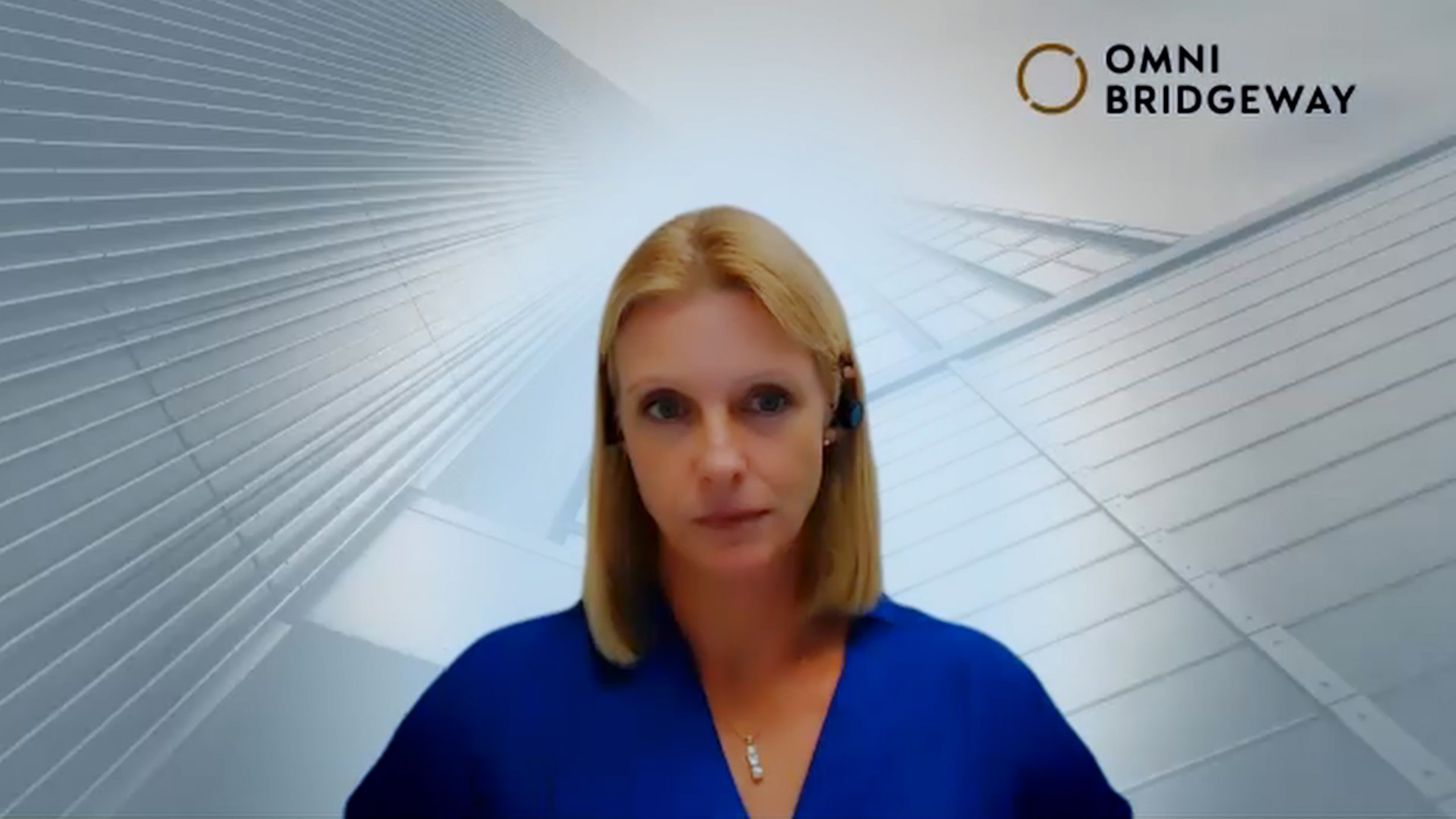
Originating Deals
Investment Manager at Omni Bridgeway
inpractise.com/articles/deal-origination
Why is this interview interesting?
- How litigation funders originate deals from lawyers and direct from corporates
Ruth Stackpool-Moore
Investment Manager at Omni Bridgeway
Interview Transcript
How do you originate cases?
It’s a very relationship-driven industry. Typically, cases come to us in three ways. They might come from clients directly. For example, if a company has been involved in a dispute before, where funding has been used, they might know to come to us directly. If they are more sophisticated and funding is something that they are aware of, they will simply pick up the phone, tell us they have a dispute and we’ll take it from there. Other circumstances might be that they have gone to their lawyers and they are discussing their prospects and how they might wish to take forward their case and the lawyer might suggest that they consider funding, either because the case is one where they might not wish to invest the money in the case, so it would not go forward without a funder, or it might be just as an alternative or different way to manage the financial arrangements in that case. The lawyers might then suggest that they approach us. Finally, other professional advisors, other types of experts, might be looking at cases and, also, might suggest that the case is one that is suitable for funding.
In all of those circumstances, we would then commence our due diligence process and run through that, in looking at the particular case.
How are the cases different, directly from a corporate and a law firm?
Generally, there may or may not be any difference. Whether it comes from a client or through the law firm, largely depends on the level of education, of either party, about funding. It is not necessarily the case that a different type of case would come through each route.
The size and types of case are similar?
We do get a lot of enquiries. On average, per month, we might be seeing 40 or 50 enquiries from those that are interested in funding. Often, ones that come from individuals or companies directly, may not necessarily be suitable for funding, because they might be too small or they may not have a developed position yet, such that we can really assess them. Typically, if a case comes to us through a law firm because, generally, at this stage, they have a higher understanding of what a funder might be looking for there has, necessarily, been a filtering process, which means the case may be more suitable for funding.
That is not necessarily always the case. For example, one of my current funded cases came to us directly from a client. They are based in Russia, in Moscow and they didn’t have lawyers involved. They came to us. We have introduced them to lawyers and the case is now proceeding, with our funding.
Copyright Notice
This document may not be reproduced, distributed, or transmitted in any form or by any means including resale of any part, unauthorised distribution to a third party or other electronic methods, without the prior written permission of IP 1 Ltd.
IP 1 Ltd, trading as In Practise (herein referred to as "IP") is a company registered in England and Wales and is not a registered investment advisor or broker-dealer, and is not licensed nor qualified to provide investment advice.
In Practise reserves all copyright, intellectual and other property rights in the Content. The information published in this transcript (“Content”) is for information purposes only and should not be used as the sole basis for making any investment decision. Information provided by IP is to be used as an educational tool and nothing in this Content shall be construed as an offer, recommendation or solicitation regarding any financial product, service or management of investments or securities.
© 2026 IP 1 Ltd. All rights reserved.


